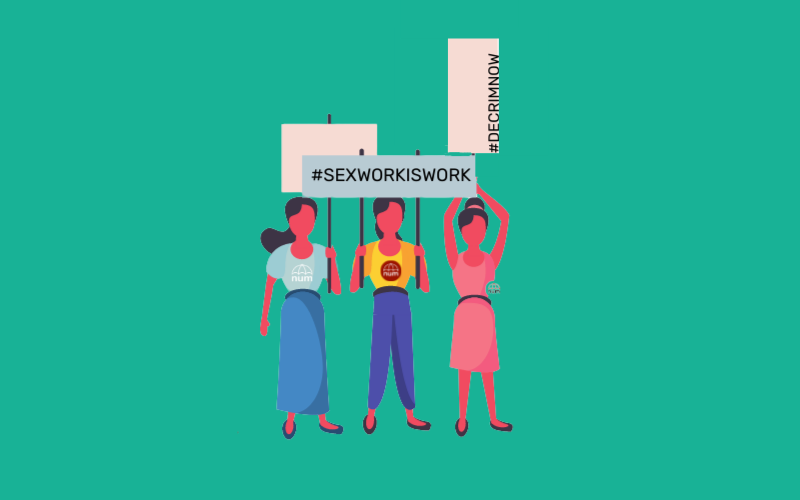
This year's #ISWRD is themed around Labour.
The adage of "sex work is work" is one often repeated amongst sex work communities and activists, but what does this phrase mean?
🧵A thread:
The adage of "sex work is work" is one often repeated amongst sex work communities and activists, but what does this phrase mean?
🧵A thread:
"Sex work is work" de-emphasises the "sex" in sex work, and emphasises the "work".
It recognises sex workers as being defined not by their engaging in sex, but by their status as workers and labourers.
It recognises sex workers as being defined not by their engaging in sex, but by their status as workers and labourers.
It deliberately opposes the stereotype of sex workers as being (white, cis) women who simply lie on their backs for clients. It understands that sex work is physical, emotional and aesthetic labour.
It is a push for labour rights. Recognising sex workers as workers grants them legal rights.
A recent case fought by @unitedswers demonstrates the impact that granting strippers worker status has had: uvwunion.org.uk/en/news/2020/0…
A recent case fought by @unitedswers demonstrates the impact that granting strippers worker status has had: uvwunion.org.uk/en/news/2020/0…
"Sex work is work" is a call for legal and social destigmatisation and rights.
It is not an endorsement of sex work in and of itself. it recognises the economic and social realities of the labour it takes to engage in it, and pushes for the rights of those who do.
It is not an endorsement of sex work in and of itself. it recognises the economic and social realities of the labour it takes to engage in it, and pushes for the rights of those who do.
Sex work does not have to be desirable, empowering or "moral". It is still labour, and those who do it are workers.
We also recognise that sex workers are often engaging in sex work as a result of being physically or symbolically shut out of the mainstream labour market.
This may be due to a lack of qualifications, disabilities, migration status, or other forms of marginalisation.
This may be due to a lack of qualifications, disabilities, migration status, or other forms of marginalisation.
The stigma of sex work also makes it harder to (re)join the world of traditional work.
This is why we have started our Vocation, Vocation, Vocation campaign - to remove some of the barriers that sex workers face with regards to mainstream employment.
nationaluglymugs.org/vocation-vocat…
This is why we have started our Vocation, Vocation, Vocation campaign - to remove some of the barriers that sex workers face with regards to mainstream employment.
nationaluglymugs.org/vocation-vocat…
The recognition of sex work as work is one step towards labour rights and liberation for those who engage in it.
Ending stigma, removing barriers and providing opportunities are also vital steps needed, to ensure that sex workers are able to make decisions about their work that work for them.
• • •
Missing some Tweet in this thread? You can try to
force a refresh




